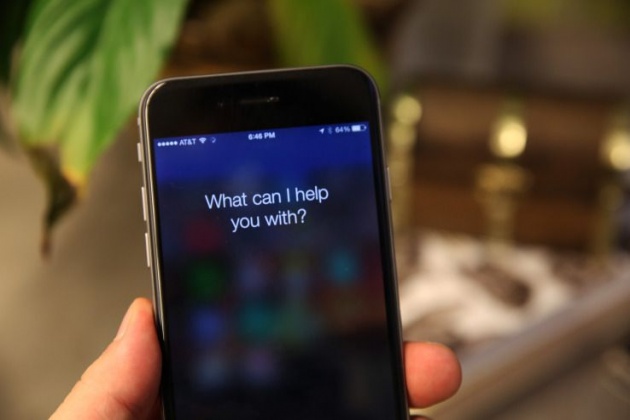
U.K. web users now see their smartphone as the most important device for getting online, overtaking the previous most popular device, the laptop, according to a study of Brits’ digital habits.
The study found that a third (33 percent) of U.K. Internet users now view their smartphones as an important device for going online, compared to 30 percent who are still sticking with their laptops. The finding comes from U.K. telco regulator Ofcom’s 2015 Communications Market Report — a serious stat-fest for those wanting to understand Brits’ digital habits.
Ofcom says the smartphone preference represents a “clear shift” on last year’s report when the proportion turning to their phones first was closer to a fifth (22 percent), and a full 40 percent still preferred their laptops.
Two-thirds (66 percent) of people in the U.K. now own a smartphone, with Brits’ using their mobiles for nearly two hours per day.
Ofcom attributes the rise of ‘smartphone-first’ web use to increasing uptake of faster (4G/LTE) mobile networks — noting that 4G subscriptions leapt up last year from a base of 2.7 million to 23.6 million by the end of the year.
EE was the first U.K. carrier to launch LTE, back in October 2012, with the other three main carriers, O2, Vodafone and Three, getting into the game over the course of 2013. The U.K.’s carrier market has since seen some changes, with EE acquired by former mobile network operator BT, and a spot of carrier consolidation as Three bought O2.
A few other interesting observations from the report…
- 4G driving mobile usage: Brits with 4G/LTE devices are doing more generally with their smartphones than those without 4G — including more shopping, banking, watching TV and video, face-to-face and VoIP calls, sending more photos and video via text, and more IMing. tl;dr: faster is better
- Smartphones still mean comms: Despite multifaceted capabilities, Brits use their smartphones mostly to chat — with almost three-quarters (72 per cent) of the time spent on a smartphone going on communications activities, including text messages, email, social networking, IM and calls (voice or video)
- Middle age smartphone surge: Smartphone ownership in the 55- to 64-year-old age group — which obviously still lags well behind the youth age-group — has nonetheless more than doubled since 2012, rising from a fifth (19 per cent) to a majority (50 per cent)
- Tablets in the majority: More than half of UK households (54 per cent) now have a tablet, rocketing up from just 2 per cent back in 2011
- TV still the most watched screen: Brits still spend more time on average watching TV than using their phones: 3 hours 40 mins oggling the box vs 1 hour 54 mins eyeing phone screens. Laptop/PC use is an average of 1 hour 9 mins. However the amount of time Brits are spending watching TV continues to fall, dropping for the second consecutive year
- Social norms under pressure: A majority (54 per cent) of Brits think it’s rude to use a phone during dinner, yet close to a majority (42 per cent) admit to doing exactly that. Meanwhile, a third (34 per cent) of adults check their phones within five minutes of waking up, along with half (49 per cent) of young people aged 18-24. So basically ‘good morning darling, now let me just check if anyone liked my Facebook status update overnight…’
- Younger Brits flirt with more types of social media: Young adults aged 16-24 use a more extensive breadth of social media services and are adopting newer sites and services such as Twitter (40 per cent), WhatsApp (37 per cent), YouTube (32 per cent), Instagram (35 per cent), Snapchat (26 per cent), Tumblr (8 per cent) and Vine (4 per cent). While a fifth (19 per cent) of website users aged 12-15 cited Snapchat as their most recent social media addition. Still, Facebook remains used by almost all U.K. adults aged 16+ (97 per cent), and close to half (48 per cent) say they only use Facebook
- Google vs Facebook: Google’s services were the most-visited by the U.K. digital audience, with 46 million visitors in March 2015, but people spent more time on Facebook’s properties than Google’s (51 billion minutes vs 34 billion minutes)
- Netflix vs Amazon Prime: Netflix subscriptions in the U.K. have grown from zero at launch in 2012 to 4.4 million households. While Amazon Prime has 1.2 million subs



